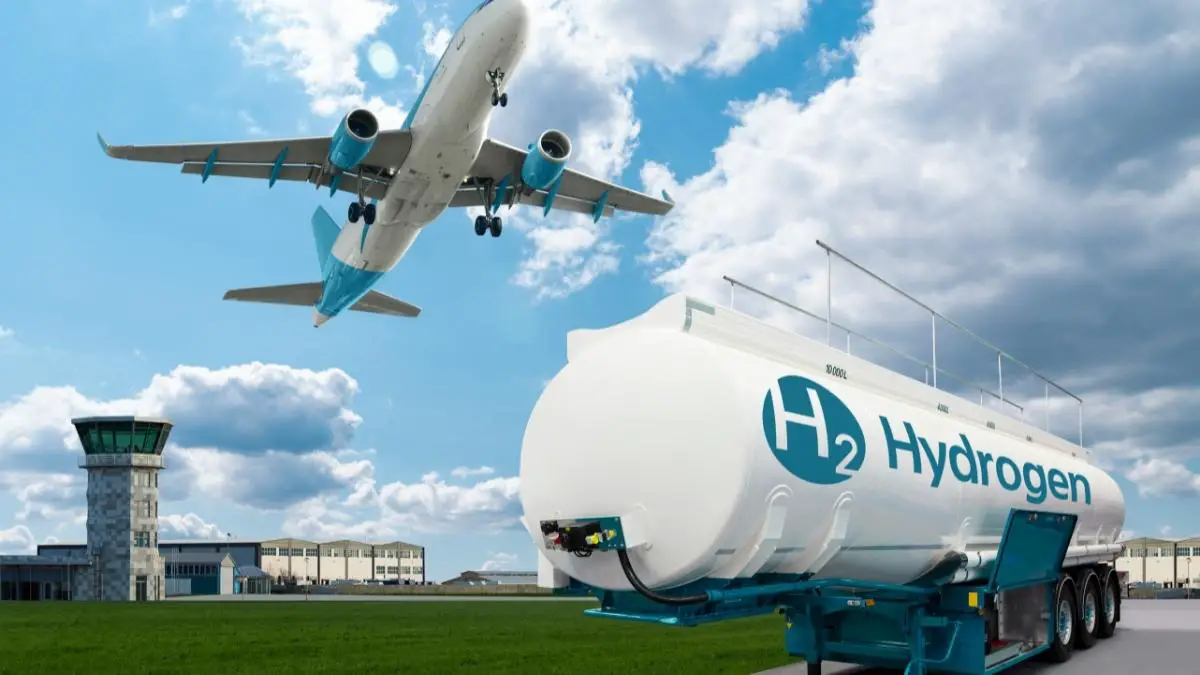Plans are underway for the construction of the Universal Hydrogen Manufacturing & Distribution Hub in Albuquerque, the most populous city in the U.S. state of New Mexico, near the Albuquerque Sunport Airport.
The chosen site for this new hydrogen manufacturing and distribution hub is a decommissioned runway at the Sunport Airport, which has been fallow for almost a decade, and it’s located near the intersection of Gibson and Girard, on the northeast corner of the airport.
Developed by Universal Hydrogen a California-based hydrogen company that has set its sights on decarbonizing the aviation industry, the approximately US$ 254M project has already received state funding worth US$ 10M from New Mexico’s Local Economic Development Act (LEDA).
The announcement concerning the state funding was made recently by New Mexico’s Governor Michelle Lujanin, at a gathering with several state lawmakers, city officials, and Universal Hydrogen officials. Lujan also signed an executive order to further advance the development of this Hydrogen manufacturing and distribution hub in Albuquerque.
Also Read Groundbreaking for the Green Hydrogen Production Plant in Georgia
Plans for the future Universal Hydrogen Manufacturing & Distribution Hub in Albuquerque
Upon completion, the Universal Hydrogen Manufacturing & Distribution Hub in Albuquerque will be used in building hydrogen storage capsules for storing hydrogen while in transit and these capsules also serve as modular tanks, which can be loaded directly onto the aircraft.
According to Universal Hydrogen, its ultimate goal is fueling airplanes with hydrogen and the company is currently building a kit to modify the existing regional turboprop aircraft, which will enable them to fly using hydrogen as the power source.
Universal Hydrogen says it already has contracts with 11 aviation operators to begin retrofitting the first 100 existing aircraft. The aim is to get these aircraft certified by the Federal Aviation Administration and ready for commercial use in the next 3 years.
The new hydrogen manufacturing and distribution will also have the capacity to carry out aftermarket maintenance services.

